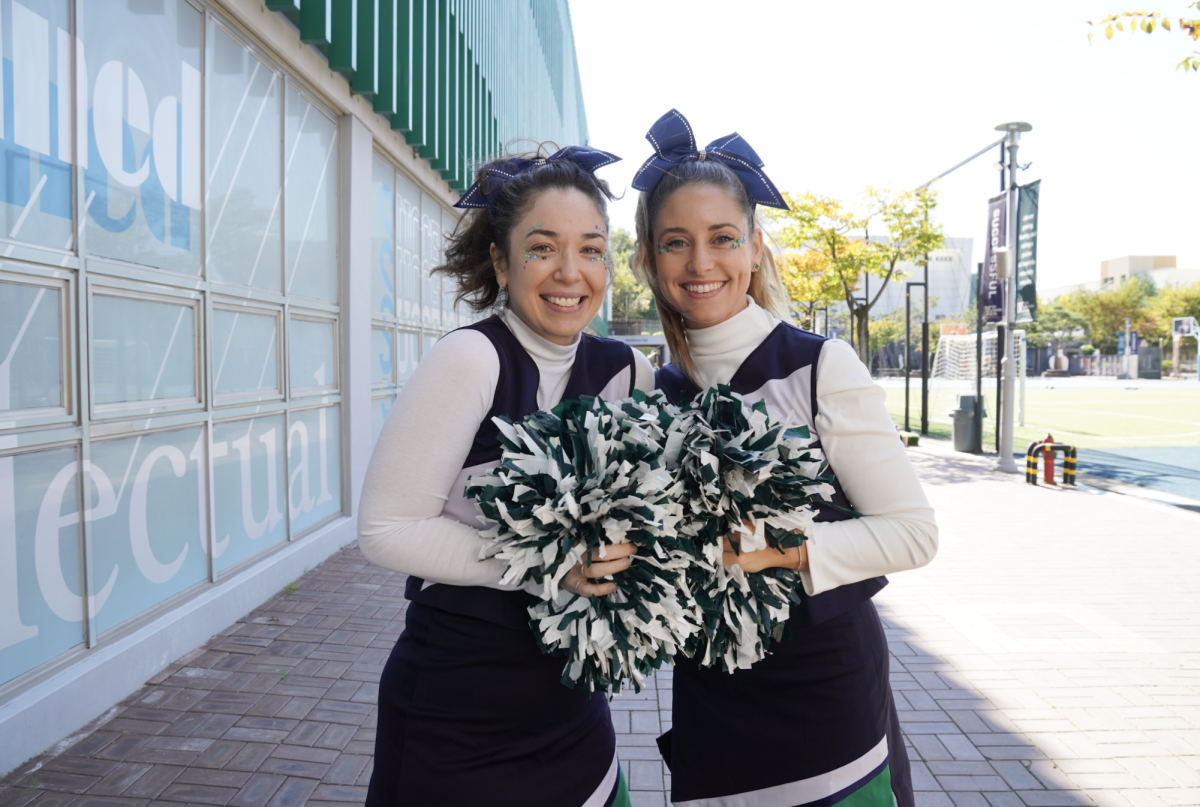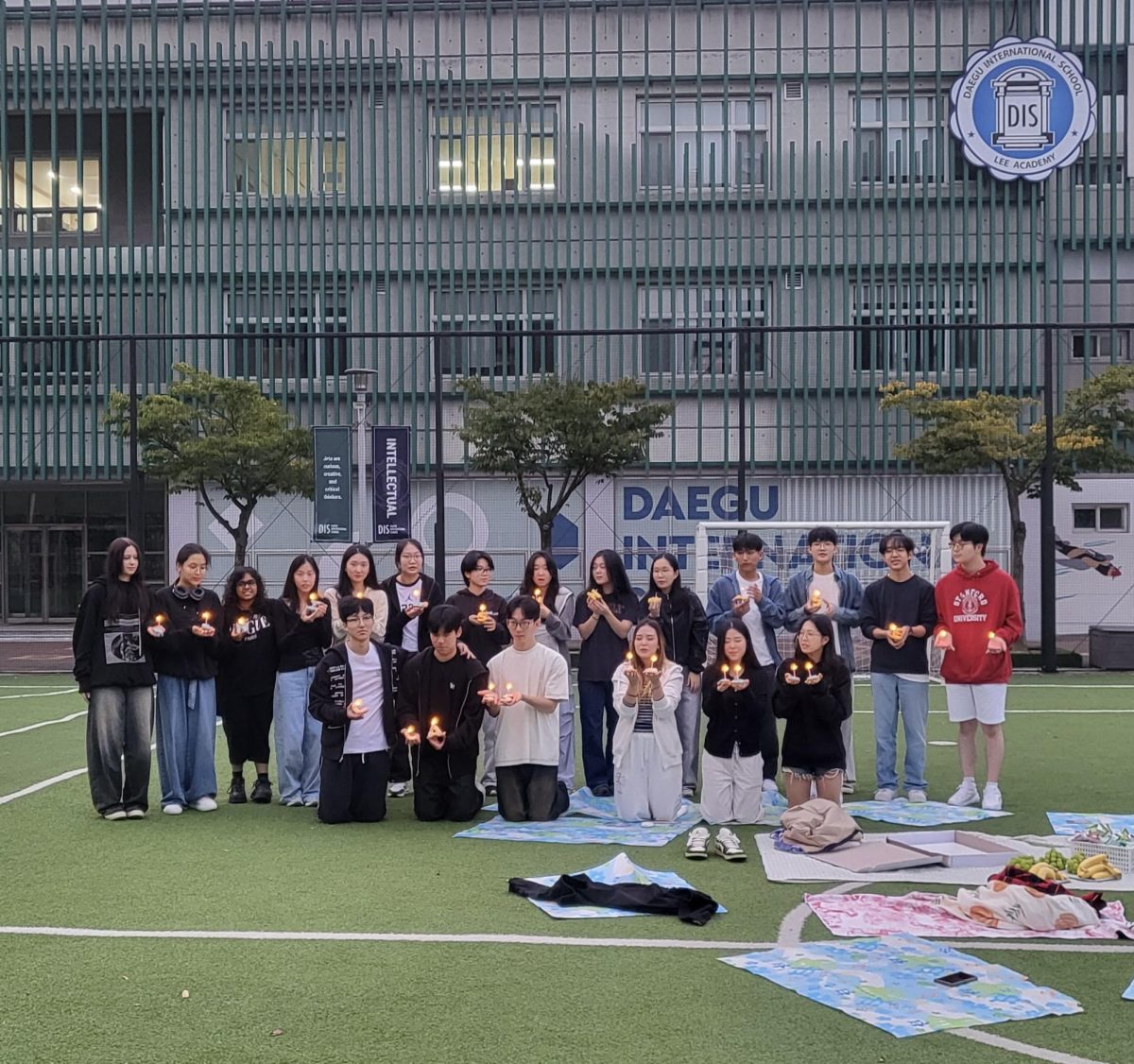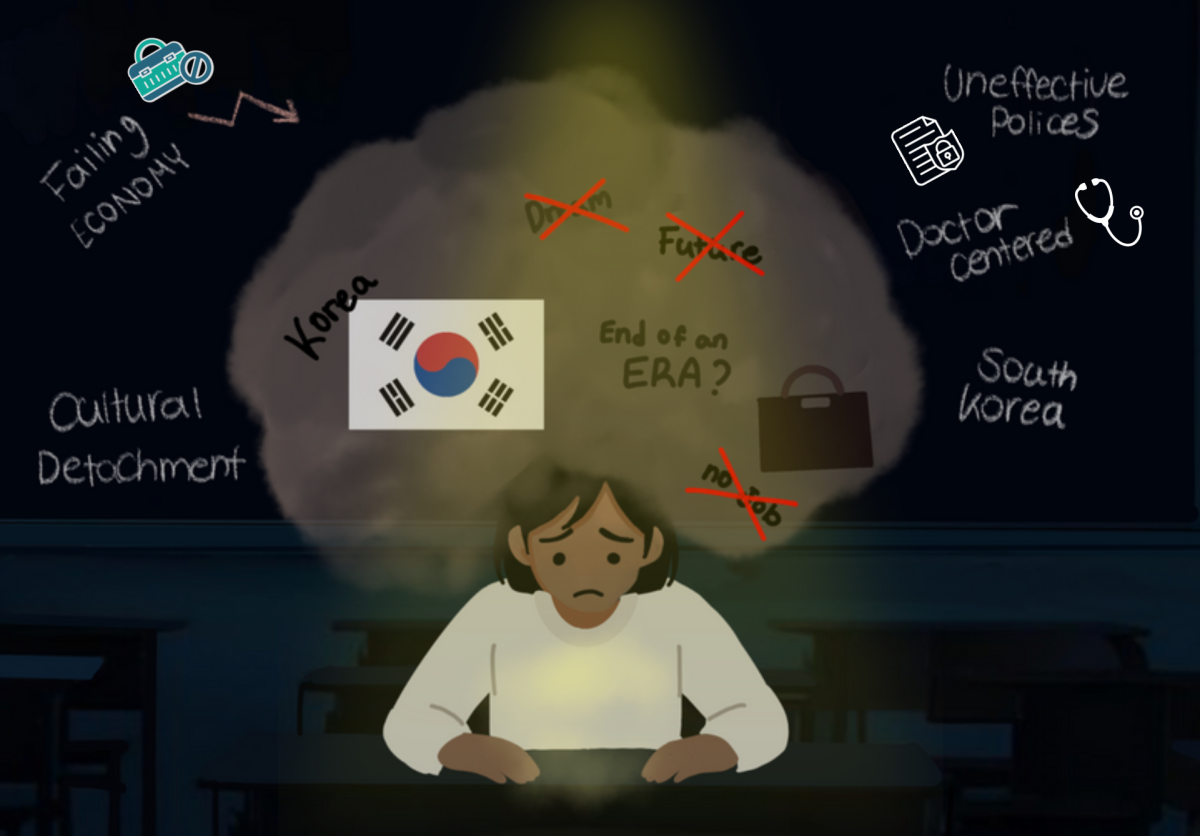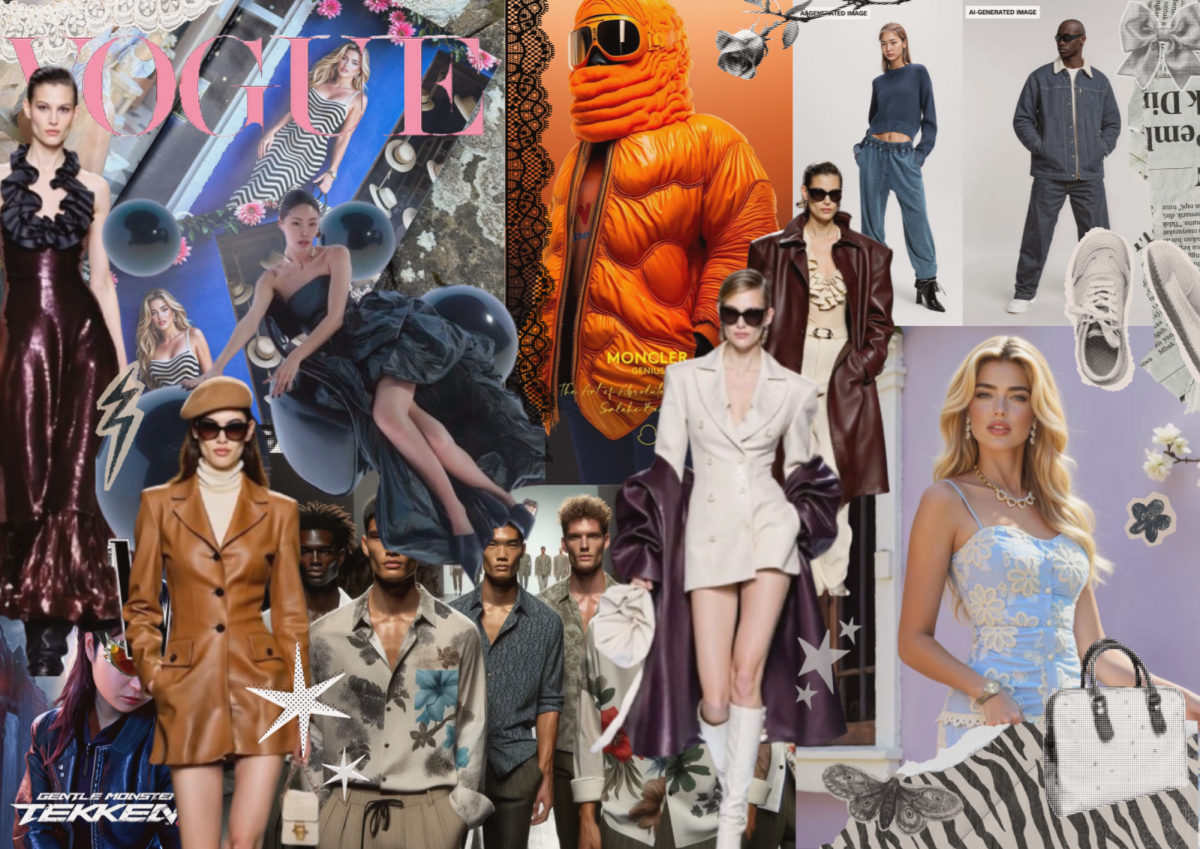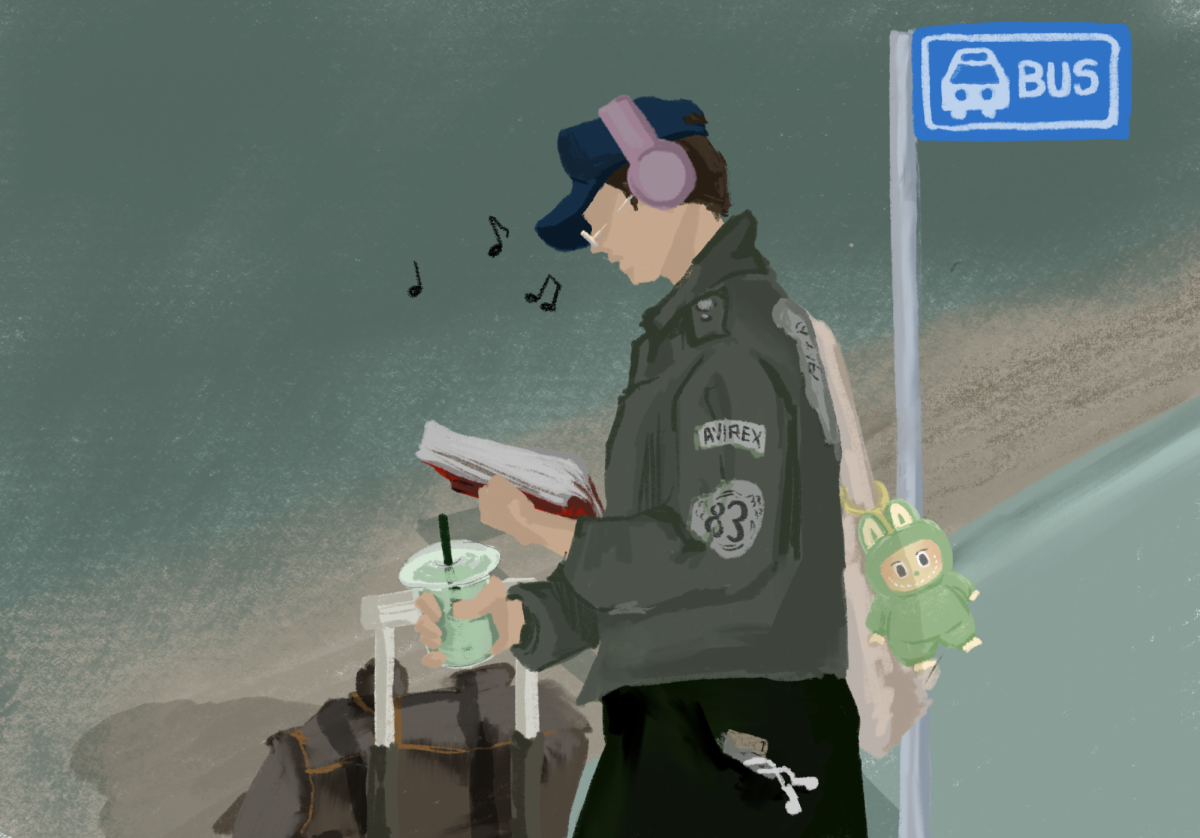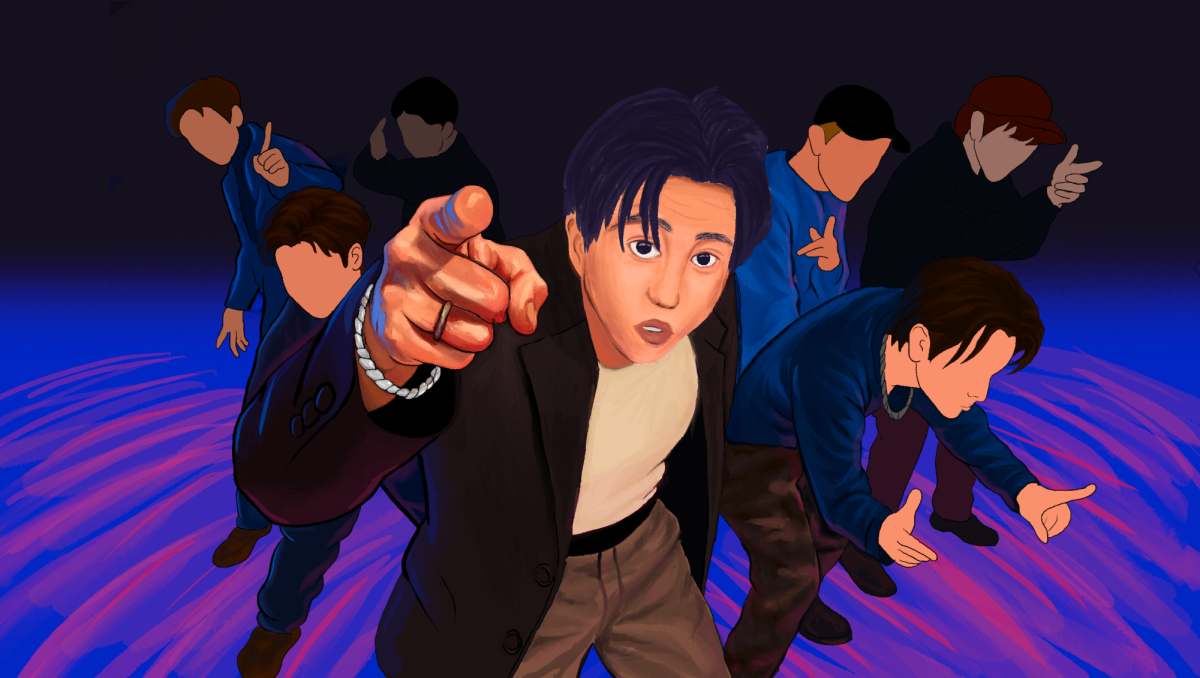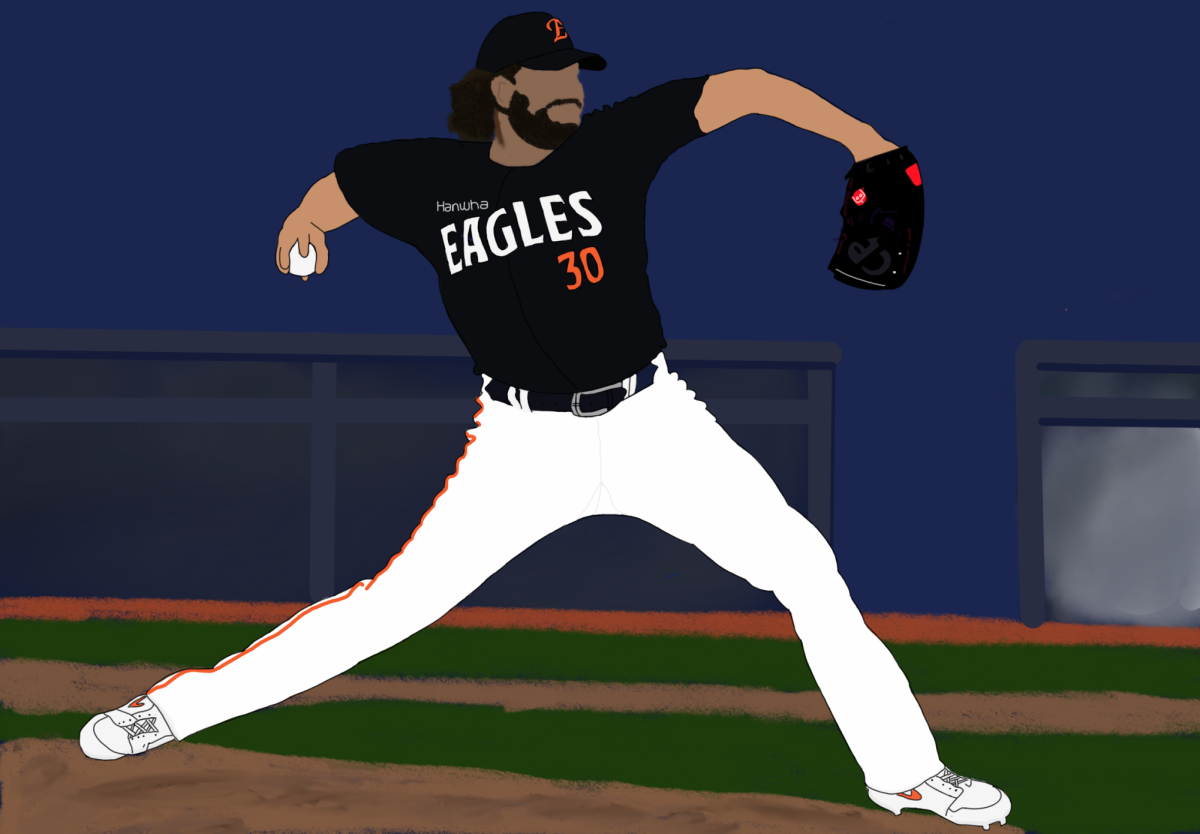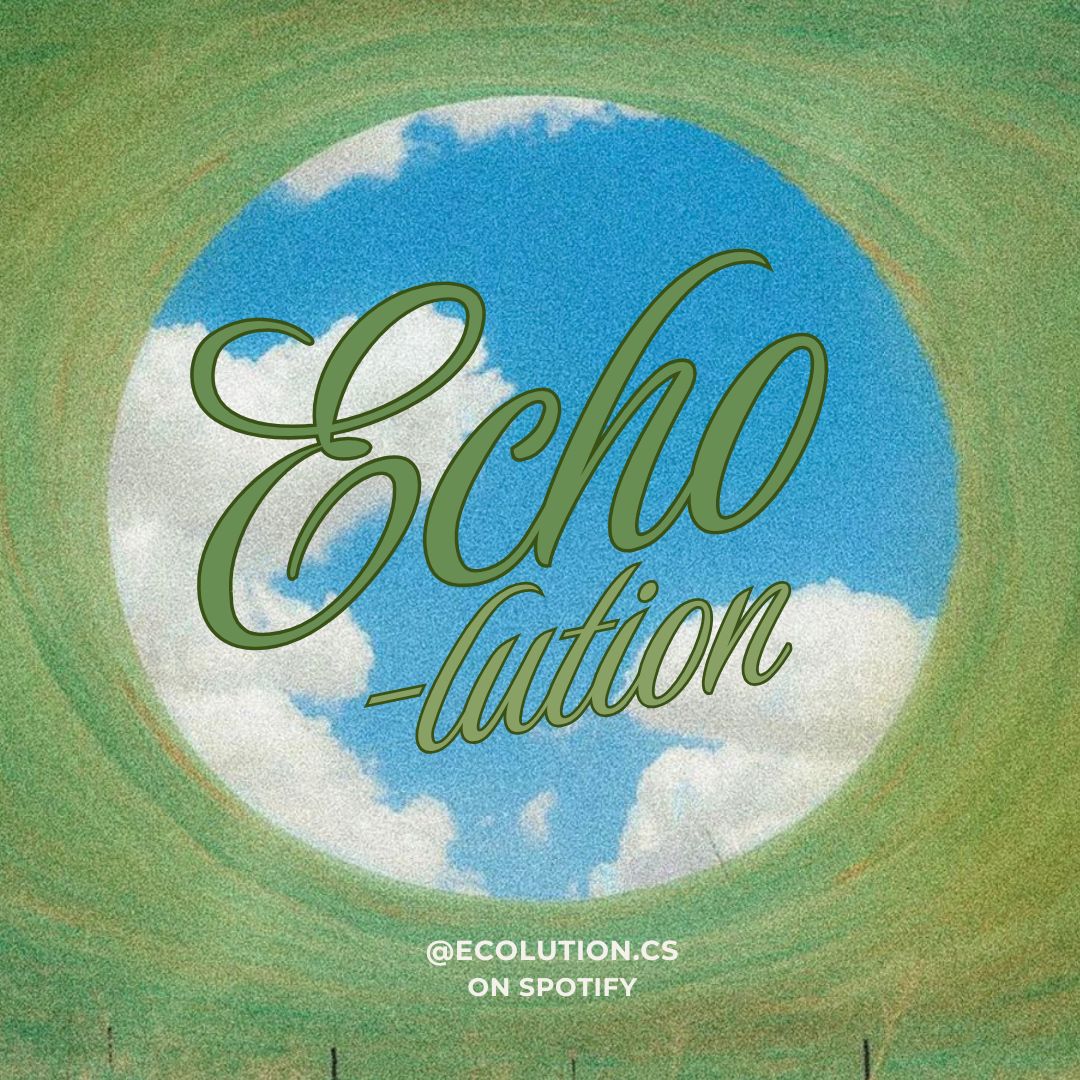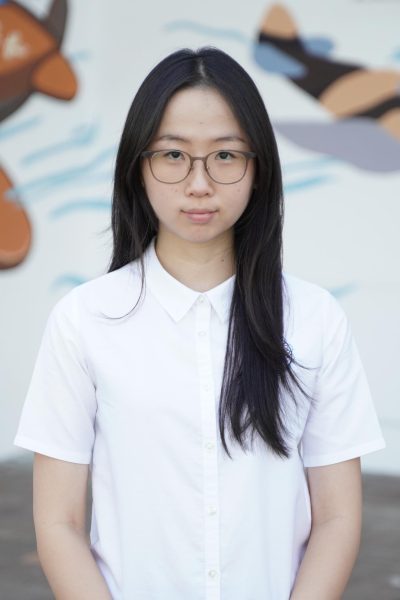Readers of the August edition of Vogue magazine noticed something uncanny that stirred unease—the cover featured a digitally created model. Any trace of personality vanished as the newest faces of fashion appeared inhumanely polished.
Previously, people mocked AI image generation for bizarre mistakes—six fingers, three legs, and strangely warped faces. Now, the ever-growing technology inches its way into mainstream digital magazines—even the glossy pages of Vogue.
Seraphinne Vellora, a London-based marketing agency, developed the AI model for Vogue’s Guess section. Korea also saw the debut of its own AI fashion model on April 11, 2023. LF, a major Korean fashion company, introduced the first female virtual human in the field. Since LF’s launch, several other AI influencers quickly emerged in Korea’s fashion scene as well.
With AI now able to produce entire campaigns without a photoshoot, models and photographers now grapple with threats to their livelihoods. Seraphinne Vellora promotes how its technology radically decreases expenses for models, photographers, and studio setups. As in any profit-hungry industry, producers opt for cost reduction rather than job preservation.
However, some remain optimistic about this shift. “Simple shoots or fittings could be replaced by AI. But I also think new opportunities will emerge…models are now creating digital avatars using their own data or collaborating with AI models,” said Helen Lee, a model and marketing agent for Estée Lauder and L’Oréal.
According to Lee, human identity and authenticity remain crucial in the industry. “Rather than just having a beautiful face or a great figure, people who can express emotion through their brand and convey it to the public will be the ones who stand out in the future. The emotions and energy that only human models can express are something AI hasn’t been able to fully replicate yet,” Lee said.
While models and photographers pioneer ways to adapt to this new wave, viewers have yet to cut through the myth of perfection that AI models conjure. The portrayal of unattainable looks spurs younger audiences to ruminate over their own appearance.
In Korea, home to one of the world’s largest cosmetic industries, this trend solidifies the already suffocating perception of beauty. “AI’s idea of perfection leaves people dissatisfied with their natural faces…I sometimes worry that overly perfect AI images might make the youth feel pressured about their looks or body shape—or even start to define beauty standards themselves,” said DongWoo Jung, head surgeon of Honesty Plastic Surgery clinic.
Inside consultation rooms, doctors notice the effects of AI-generated standards. “More recently, there’s been a growing number of patients who bring their own photos that have been modified with AI, asking to achieve that improved version of themselves,” Jung said.
These individual choices reflect an emergent shift in beauty culture. “As more AI models that align with common beauty preferences, we might start to see gradual changes in what clients want: from celebrities to AI,” Jung said. “However, if people start changing their appearance to match a standardized, trend-driven look, it could lead to uniformity and discrimination based on appearance, which is concerning.”
Jung’s concerns about uniformity extend beyond theory—AI visuals already reflect those patterns as they draw from sources that align with Korea’s excessively stringent beauty standards. AI models generate ‘Koreans’ with silky smooth skin, large eyes, and sharp noses—all of which fit into aesthetic ideals to perfection. The same applies to virtual models generated to promote products on the for-you pages of young teens.
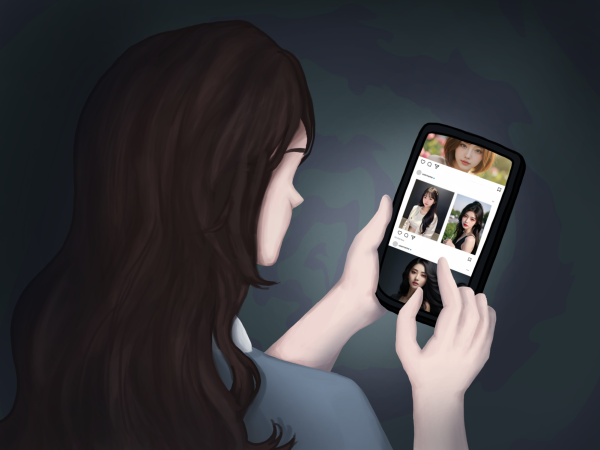
Teens bear the brunt of the aesthetic illusion that AI generates as social media creators resort to free, easy ways to churn out content. “As a teenager myself, I do feel pressured by the beauty standards. AI models accelerate the pressure and pace with their unrealistically flawless appearances,” freshman Elba Jegal said.
As AI secures its place in fashion, the challenge lies in how to preserve authenticity — the emotion and individuality only humans can convey. The question remains: will we chase the unreal, or remember that beauty never meant perfection?

